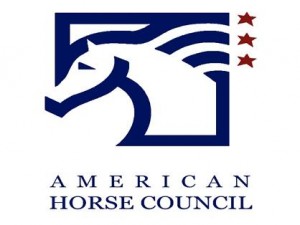USDA Launching National Equine Health Study
AHC
The United States Department of Agriculture’s National Animal Health Monitoring System is launching an equestrian health study called “Equine 2015” in May. This will be NAHMS’ third national study of U.S. equine health issues; the previous studies were conducted in 1998 and 2005.
Equine 2015 is designed to provide participants, the horse industry and animal-health officials with information on the nation’s equine population that will serve as a basis for education, service and research related to equine health and management. The study will also provide the horse industry with new and valuable information regarding trends in the industry for 1998, 2005 and 2015.
Starting in 2013, NAHMS asked equine owners, industry stakeholders and government officials to provide input and define the health information needs of the equine industry for the study.
From this process, seven primary study objectives were identified:
- Trends in equine care and health management for study years 1998, 2005 and 2015.
- The occurrence of owner-reported lameness and practices associated with the management of lameness.
- Health and management practices associated with important equine infectious diseases.
- Animal health-related costs of equine ownership.
- Control practices for gastrointestinal parasites.
- Presence of ticks and tick-control practices used in equine operations.
- The collection of equine sera along with equine demographic information to create a serum bank for future studies.
To collect data for the study, representatives from USDA’s National Agricultural Statistics Service will visit randomly selected equine operations in 28 states, beginning in May. NASS representatives will conduct personal interviews and collect other information from participating operations. The American Horse Council encourages anyone contacted to participate.
For more information about NAHMS Equine 2015 study, visit the NAHMS website at www.aphis.usda.gov/nahms.
To view the full article, visit www.horsecouncil.org.











